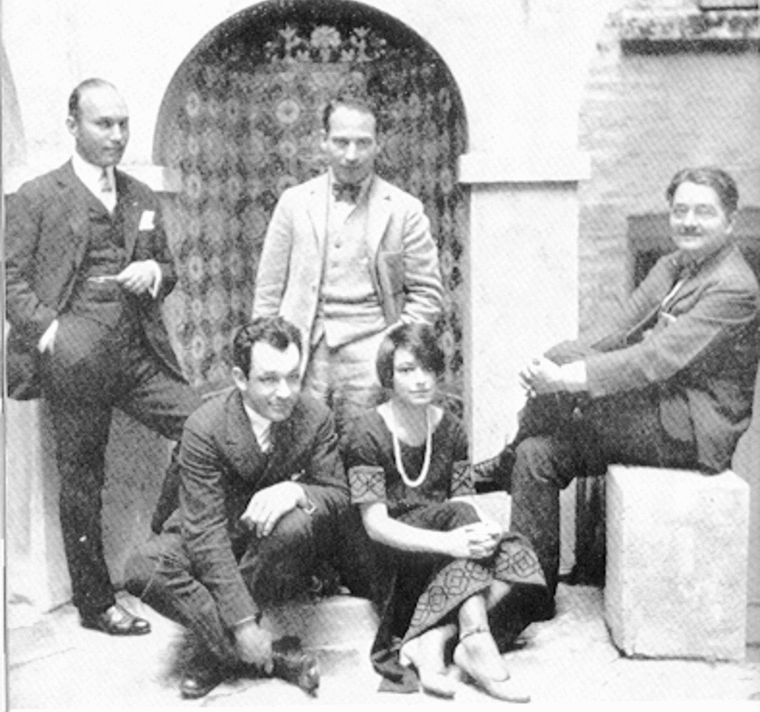Show notes:
This season deals with a complicated, controversial and still contested period in American history. My goal is to present the fairest picture of events that I can, based on my understanding of what I've read. I've been working on the research for this series for several months already, but even in that time, I could only make a dent in the enormous amount of words written about these events, from many different perspectives. As the series continues, I'm going to try to tell many people's stories, and I hope to be able to provide what feels like a full picture of what it felt like to be alive while this was happening, to play a part in it and have one's life changed by it. I try very hard to get the facts right. But, I can't include everything, and I will probably inevitably have to omit, exclude or overlook some details. And, I will probably offer prospectives that some people won't like. If you'd like to start a discussion about anything in any episode of this show, that's what our Forum is for.
The research for this season grew out of archival work that I've been doing for a book that I'm writing on Howard Hughes. Hughes made blacklisting a major feature of his tenure as the owner of RKO, and he did so more proudly (and obsessively, and arguably recklessly), than most other men who controlled studios at the time. I visited the Writers Guild of America West to read previously unpublished files about Hughes' challenge to the Guild's right to arbitrate screen credits, and I ended up spending a lot of time looking at the research done on the Blacklist by Howard Suber for his 1968 UCLA PhD thesis, The Anti-Communist Blacklist in the Hollywood Motion Picture Industry. Special thanks to Hilary Swett at the Writers Guild of America West's Library, who pointed me towards a box of documents relating to Suber's work, and to Suber himself, who gave me permission to use these documents.
Here is a list of published sources that the entire season draws from:
The Red and the Blacklist: An Intimate Memoir of a Hollywood Expatriate by Norma Barzman
Dalton Trumbo: Blacklisted Hollywood Radical by Larry Ceplair and Christopher Trumbo
Trumbo: A biography of the Oscar-winning screenwriter who broke the Hollywood blacklist by Bruce Cook
When Hollywood Was Right: How Movie Stars, Studio Moguls, and Big Business Remade American Politics by Donald T. Critchlow
Odd Man Out: A Memoir of the Hollywood Ten by Edward Dmytryk
City of Nets by Otto Friedrich
Hollywood Radical, Or How I Learned to Love the Blacklist by Bernard Gordon
I Said Yes to Everything by Lee Grant
Army of Phantoms: American Movies and the Making of the Cold War by J. Hoberman
Naming Names by Victor S. Navasky
Sources specific to this episode:
Ginger: My Story by Ginger Rogers
“Die, But Do Not Retreat” Time Man of the Year 1942 Cover story. Accessible here, but only via subscription
Stalin’s speech of February 9, 1946
Through Suber’s thesis, I was alerted to the existence of The Girl From Hollywood, a novella Dalton Trumbo wrote under the name Robert Rich (the same pseudonym under which he wrote the Oscar-winning script for The Brave One) which satirizes Hollywood via a writer’s relationship with an actress named “Susannah Richards,” who seems to be modeled on Ginger Rogers. There’s a draft of this piece in the Dalton Trumbo Papers at the University of Wisconsin-Madison; special thanks to Amy Sloper and Mary Huelsbeck for helping me to access it remotely. I didn’t have space to include my thoughts on The Girl in this episode (I may write about it elsewhere, or include those thoughts in a future episode), but it informed how I thought about Trumbo and his blacklist-era attitude toward Hollywood, the purpose of writing and the fantasy world occupied by huge stars (although the story is ultimately very kind to the Rogers-esque character).
This episode includes an audio clip from Tender Comrade, which pops up on TCM every now and then, but is otherwise very difficult to find. There doesn’t seem to be an in-print version in English on DVD; the version Amazon sells is dubbed in Spanish (I found this out the hard way). You can, however, rent it on VHS or DVD at Eddie Brandt’s Saturday Matinee.














